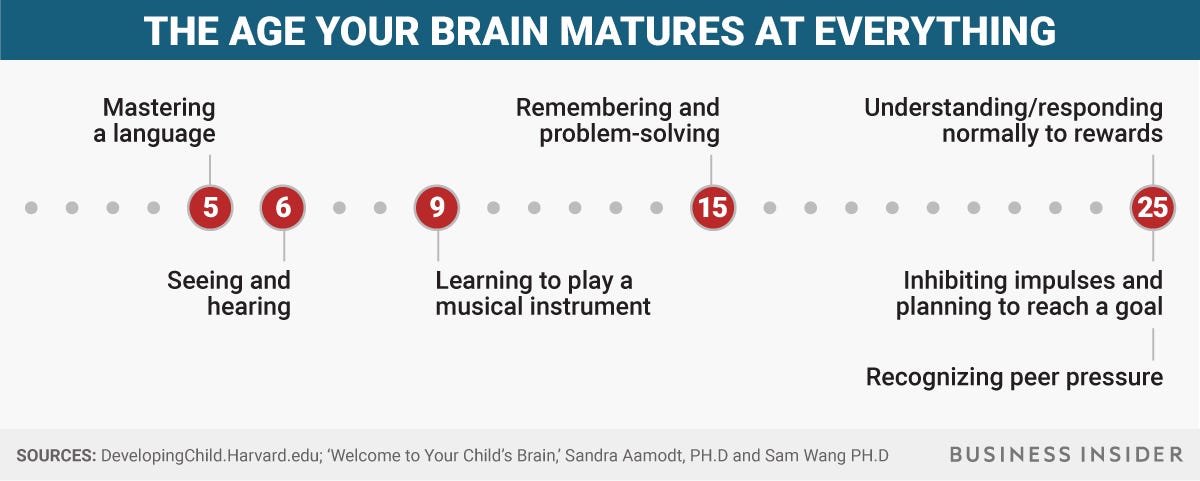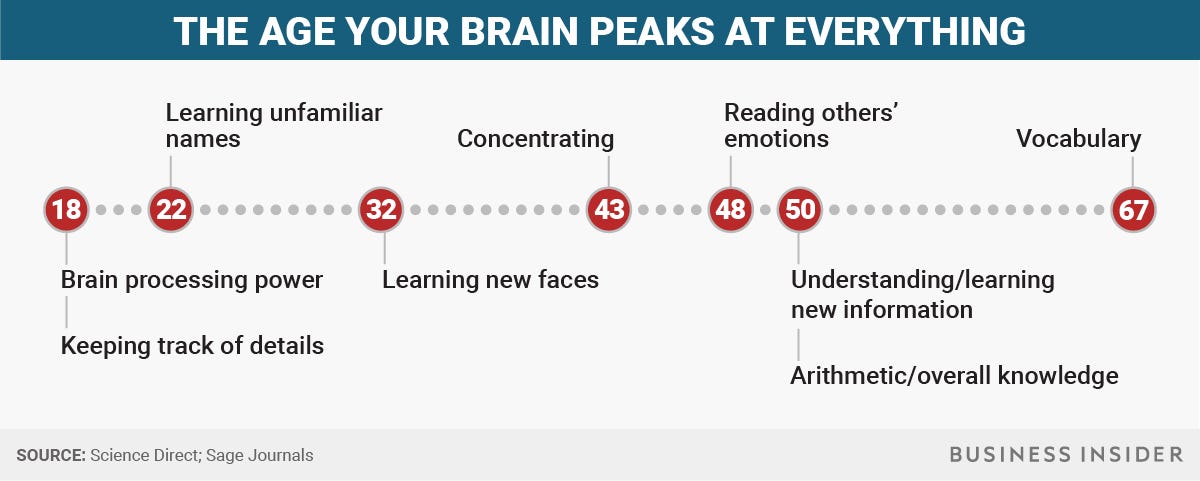We'd all like to think that gray squishy mass between our ears is mostly busy thinking, learning, and making rational decisions. While the brain is a very busy place, It might surprise you to know that the brain's first priority is to keep us alive by staying focused on the four Fs: fight, flight, feed, and fornicate. Thinking is actually the third priority after feeling and survival. It has much to do with how the brain develops. The brain develops from bottom to top and back to front. The base of the brain contains the cerebellum, and it directly connects to the brainstem. It is sometimes referred to as the reptilian complex, or the "lizard brain." All of the basic functions that must be performed in order to sustain life happen in this lowest, most primitive part of the brain. They include reflexive behaviors, muscle control, balance, breathing, heartbeat, feeding/digestion, and reproduction.
Paul MacLean first proposed the idea of the “lizard brain” in 1957 theorizing that the human brain supposedly consists of three nested sections according to their evolutionary age. The survival brain, the emotional brain, and the thinking brain.
Since then, our understanding of brain development has become more advanced, and MacLean's basic premise of a “‘hats on top of hats’ view” that brain systems were added by accretion over the course of evolution has been challenged and criticized as far too simplistic. Adding on is almost certainly not the way the brain has evolved, rather the same structures grow and develop in a specific order.
A newborn baby has all of the brain cells (neurons) he’ll have for the rest of his life, but it’s the connections and between these cells that really make the brain work. We can master a foreign language at age 5, and yet, the part of the brain that manages decision-making and impulse control isn't done cooking until our mid 20s.

There is a difference between maturity and peak performance, though. Your brain continues to gain new abilities throughout your life. Here are a few examples:

Greater understanding of how the brain develops gives us a better understanding of why deliberate, rational thought isn't as automatic as we'd like to think.










